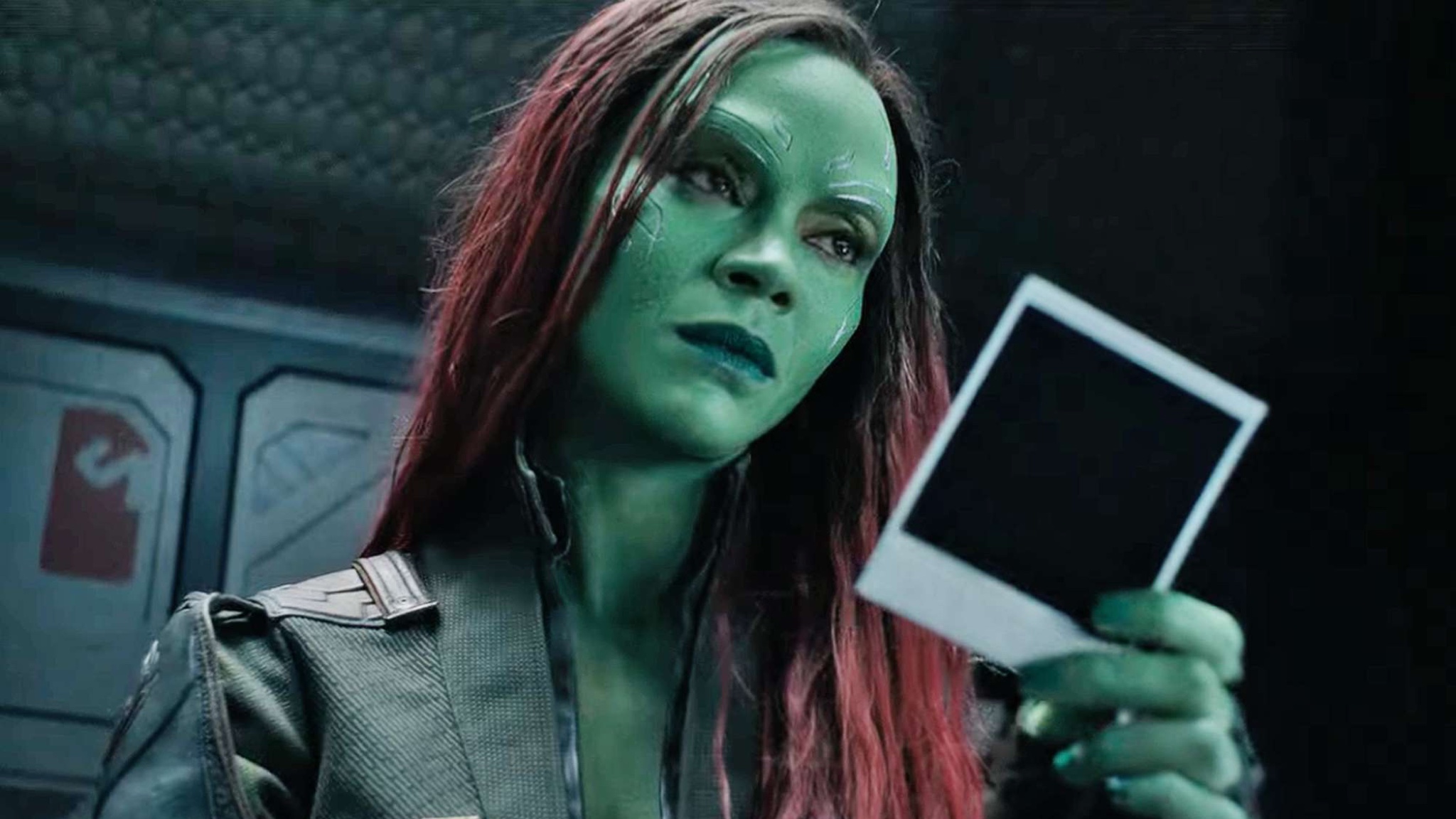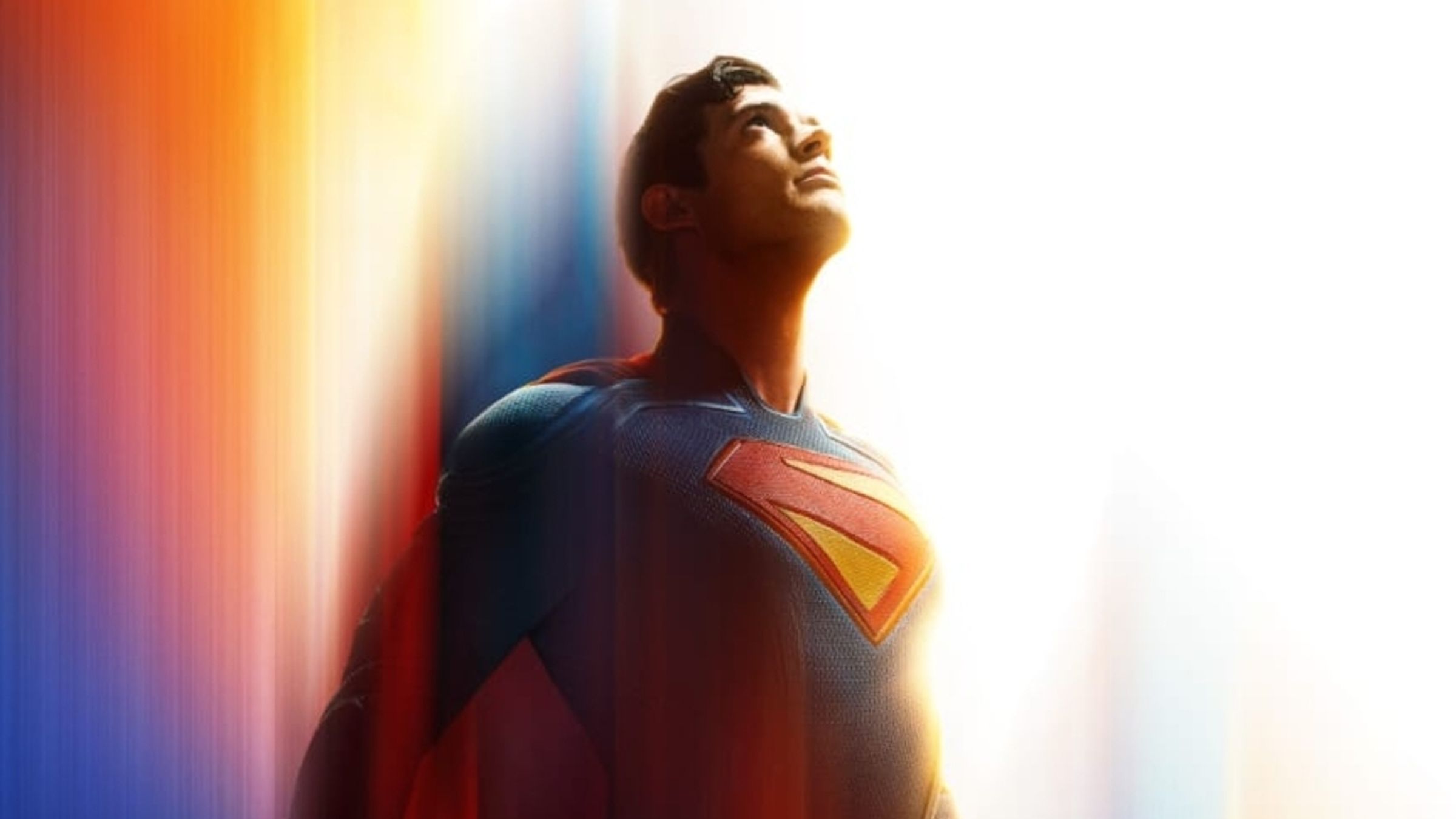
James Gunn has shared that before leaving Marvel Studios for DC Universe, he made it clear that he didn’t want Chris Hemsworth’s Thor character in his Guardians of the Galaxy movies due to difficulty writing him effectively. In an interview with Entertainment Weekly, Gunn, who directs the Guardians trilogy and the upcoming Superman film, mentioned that he even wrote a note expressing his reservations about Thor during script discussions. This revelation provides insight into the creative decision-making process behind Marvel Cinematic Universe’s Phase Four and explains how Thor’s involvement with the Guardians was eventually managed, allowing Gunn to complete his trilogy as planned while also aligning with broader Marvel storytelling strategies.
In an open discussion, Gunn clarified that he had mentioned in the script notes, “I won’t include him,” referring to Thor. He explained, “I don’t want Thor with the Guardians. I don’t wish to make a movie featuring Thor.” Despite enjoying Thor’s movies and admiring Chris Hemsworth personally, Gunn confessed he finds it challenging to write for that character.
After the occurrences in “Avengers: Endgame”, Chris Hemsworth’s character Thor Odinson joined the Guardians of the Galaxy on their spaceship, Benatar. This led fans to anticipate a major role for Thor in the next Guardians adventure, “Guardians of the Galaxy Vol. 3”. However, director James Gunn wanted to concentrate on his primary team and felt less comfortable writing for Thor, creating a plot challenge. Marvel Studios resolved this by wrapping up Thor’s storyline with the Guardians during the opening part of Taika Waititi’s “Thor: Love and Thunder”. In that movie, Thor and the Guardians bid farewell after a sequence of unseen adventures, freeing Gunn to move forward with “Guardians of the Galaxy Vol. 3” using his chosen cast.
James Gunn’s New Approach to the DCU

In his current role co-leading the DC Universe with Peter Safran, Gunn is leveraging insights gained during his time at Marvel to shape his upcoming project, focusing on improving narrative structures and managing post-credit scenes more effectively. Gunn has been vocal about refining his approach to stingers, intending to steer clear of premature commitments that could complicate subsequent integration. As he explained, “I wasn’t pleased with what I did in Guardians 2, where we established Adam Warlock and the Guardians of the Galaxy, among other elements that I hadn’t fully planned on.” Gunn emphasized that post-credit scenes should surprise audiences like a punch to the face, but using them solely for setup can sometimes lead to difficulties. He acknowledged that integrating Adam Warlock into Guardians 3 was challenging due to the premature setup in an earlier film.
As a movie enthusiast, I’m thrilled to share some intriguing insights about the upcoming blockbuster, “Superman.” The makers seem to be following an interesting strategy with its post-credit scenes, similar to what we saw in “Guardians of the Galaxy” with the Howard the Duck cameo or how “The Suicide Squad” directly led into the “Peacemaker” series.
In a recent interview, James Gunn, who’s already working on his next DCU project after “Superman,” hinted at the possibility of post-credit scenes that could either stand alone like Howard the Duck or set up immediate sequels, similar to “The Suicide Squad.” However, when asked about a potential “Superman” sequel, he was somewhat cryptic, saying, “Yes, yes, yes, yes,” but then clarified it may not be a straightforward sequel. Instead, he’s writing something else now that would be his next directing project, connected to “Superman” without revealing exact details.
This suggests an exciting direction for the Man of Steel (David Corenswet) and potentially team-up films or expansions of the Steel world rather than just a direct solo follow-up. The post-credit scene could be used to tease this upcoming project. So, buckle up, folks! We’re in for an exciting ride with “Superman” and its potential spin-offs within the DCU.
Gunn has highlighted a unified and thoughtfully structured strategy for the DC Universe’s overall storyline, going beyond just standalone stories. As he put it, “We’re telling one large, epic tale, similar to Marvel, but I believe we’ve been more methodical from the start because we’ve gathered a team of writers to fully develop this story.” This strategy aims to establish an interconnected universe where superheroes have a deep-rooted history, with metahumans being well-known for approximately 300 years, in contrast to the MCU’s shorter timeline for the emergence of superheroes.
DC Studios’ Superman is scheduled to soar into theaters on July 11th.
Read More
2025-06-11 12:41